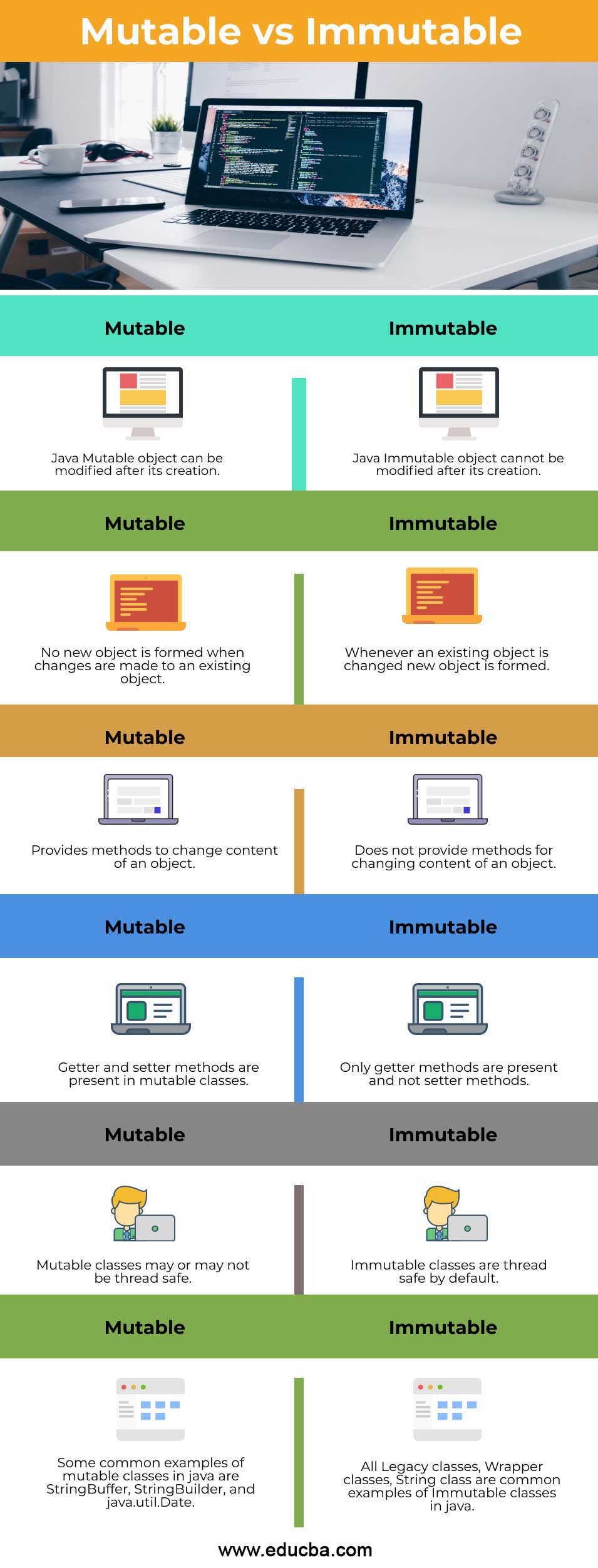Why Are Strings Immutable in Java? Insights into Memory Effectiveness
Why Are Strings Immutable in Java? Insights into Memory Effectiveness
Blog Article
Checking Out the Benefits of Immutable Strings in Modern Programs Paradigms
In the realm of modern shows paradigms, the principle of unalterable strings stands as a keystone of durable software program growth. By embracing unalterable strings, programmers can make sure improved data integrity, boosted string safety and security, simplified debugging processes, boosted security procedures, and reliable efficiency optimization.
Improved Data Honesty

By stopping the adjustment of string objects, immutability eliminates the danger of unintended modifications to the data they hold. This not only boosts the protection of the information but additionally enhances the reliability of the code that depends on these strings.
Immutability also sustains more secure multithreading environments, as simultaneous accessibility to immutable strings does not position the risk of information corruption through simultaneous alterations. This residential or commercial property simplifies the procedure of dealing with strings in identical programming situations.
In significance, immutability serves as a safety guard around the information stored within strings, enhancing their honesty by making certain that once defined, their worths continue to be the same throughout the program's execution.

Improved Thread Security
Unalterable strings improve the string safety and security of programs by guaranteeing that when a string item is developed, its worth can not be changed. This building eliminates the danger of simultaneous strings trying to change the very same string simultaneously, which can cause data corruption or inconsistent states in the program - Why are strings immutable in Java?. In a multi-threaded setting, where numerous strings gain access to and manipulate information concurrently, the immutability of strings supplies a degree of safety by guaranteeing that the data remains unmodified throughout its lifecycle
Simplified Debugging Processes
Given the enhanced string safety facilitated by immutable strings, a significant advantage occurs in the world of streamlined debugging processes. Immutable strings, when developed, can not be modified, making it easier to map the circulation of data and determine the source of bugs in a program. This immutability makes sure that strings stay regular throughout the execution of the program, reducing the likelihood of unanticipated changes that can lead to mistakes.
When debugging with mutable strings, programmers usually run into concerns where a string's worth is changed inadvertently, making it challenging to pinpoint the root cause of an insect. Nevertheless, with immutable strings, the data stays the same, allowing programmers to concentrate on assessing the actual reasoning of the code rather than tracking down where and when a string was changed inaccurately.
Furthermore, immutable strings streamline the debugging process by making it possible for easier reproduction of insects. Because immutable strings do not alter state, programmers can recreate and research insects better, causing quicker recognition and resolution of problems within the codebase. This streamlined debugging workflow ultimately contributes to greater software top quality and enhanced total advancement performance.
Boosted Protection Procedures
Enhancing data defense and fortifying system honesty, the usage of unalterable strings in software application applications contributes dramatically to raised protection measures. Unalterable strings, when developed, can not be modified, providing a vital protection versus harmful meddling or unauthorized gain access to. By making certain that sensitive information stored in strings stays unchanged throughout the program's implementation, the danger of data breaches or injection assaults is greatly reduced. Why are strings immutable in Java?. Unalterable look what i found strings also play a crucial additional hints role in preventing usual safety and security vulnerabilities such as buffer overflows and SQL injection strikes, as attempts to control string data at runtime are naturally restricted.
Additionally, the immutability of strings boosts the predictability of program behavior, making it much easier to validate inputs and prevent unanticipated adjustments that might endanger protection. This predictability simplifies the procedure of bookkeeping and confirming code, allowing designers to identify prospective safety loopholes a lot more successfully. Overall, integrating unalterable strings into software program growth practices not only improves the effectiveness and integrity of applications but additionally enhances their resilience versus safety threats.
Effective Performance Optimization
When dealing with mutable strings, operations like concatenation or substring production usually result in the creation of new string things, leading to memory expenses and boosted processing time. By permitting strings to continue to be stable and consistent, immutable strings promote better memory administration and caching opportunities, inevitably increasing the total performance of the software.
Because unalterable strings can not be changed once developed, they can be shared throughout threads without the risk of unanticipated modifications, lowering the need for synchronization devices and improving concurrency. Unalterable strings simplify debugging processes as programmers can trust that a string's value will certainly remain consistent throughout the program's execution, getting rid of possible errors caused by mutable state modifications.
Verdict
In conclusion, the benefits of making use of immutable strings in contemporary programming standards can not be overstated. Improved data integrity, boosted string security, streamlined debugging processes, boosted security procedures, and reliable efficiency optimization all add to the total performance of shows jobs. By go now including unalterable strings right into programs techniques, developers can take advantage of a more robust and reputable codebase.
Immutability, a key attribute of strings in programming languages such as Java and Python, makes certain that once a string things is created, it can not be altered or customized.Immutable strings enhance the thread safety of programs by ensuring that as soon as a string item is developed, its worth can not be modified. Immutable strings additionally play an important duty in protecting against typical safety vulnerabilities such as buffer overflows and SQL injection strikes, as attempts to adjust string information at runtime are inherently restricted.
By enabling strings to stay continuous and stable, unalterable strings facilitate much better memory administration and caching possibilities, inevitably boosting the general efficiency of the software application.
Immutable strings streamline debugging procedures as developers can rely on that a string's value will remain constant throughout the program's implementation, eliminating potential mistakes created by mutable state modifications.
Report this page